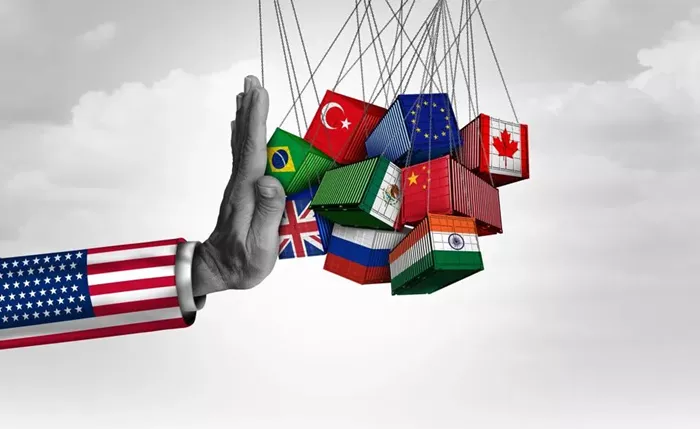Global investors are struggling to make long-term decisions. Unpredictable U.S. trade policies and unclear economic forecasts have created confusion. Many say it’s harder now than during the 2020 COVID-19 crisis.
Concerns over a 90-day U.S.-China tariff truce, U.S. budget gaps, and volatile currencies have made investors cautious. Markets have been volatile, with stocks dropping sharply after President Trump’s April tariff announcement, then rallying before falling again.
Francesco Sandrini, CIO at Amundi, said there is “no macroeconomic visibility.” He follows short-term trends instead of making big bets. Other managers have moved portfolios to neutral positions, avoiding risk.
This week, U.S. Treasury yields jumped sharply, and Japanese yields hit record highs. Analysts are unsure why. Earlier, Taiwan’s dollar surged 8% amid trade fears.
Economists first predicted a global recession due to trade wars but had to revise forecasts after a tariff truce. Now, new tariff threats have revived uncertainty.
Joe Little from HSBC expects more sudden market swings, making it hard for long-term investors. Debt-fueled speculation and risky trading tools add to the volatility.
Pictet’s César Pérez Ruiz warned that recent stock rebounds may attract inexperienced traders who could panic sell later.
Overall, investors face a confusing market with no clear direction. As Florian Ielpo from Lombard Odier said, “What we know about investing doesn’t apply right now.”
Related topics:


